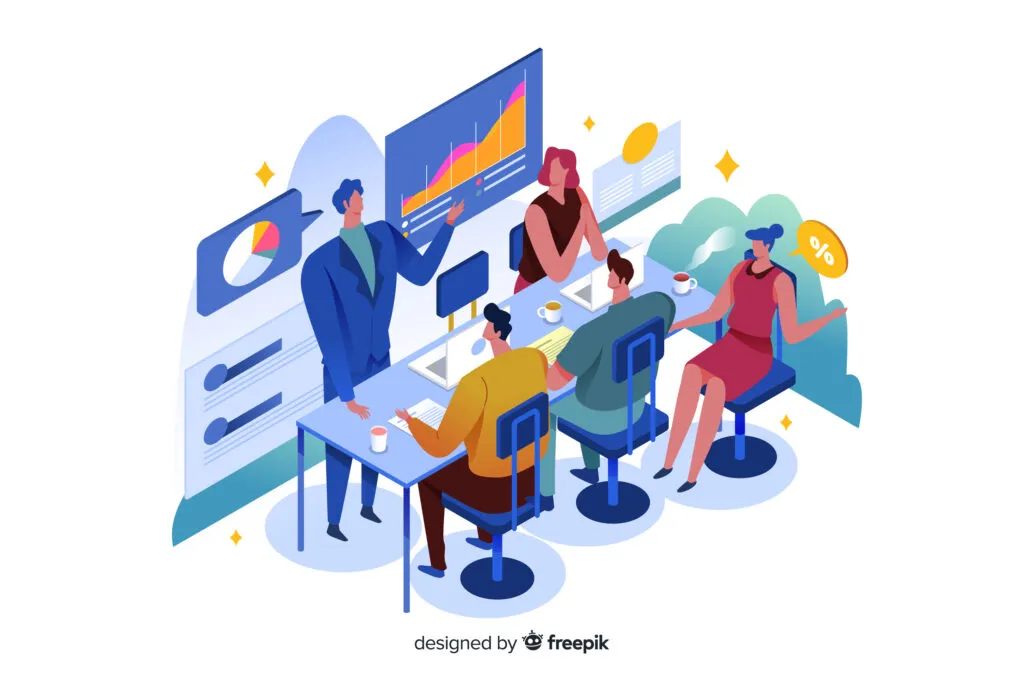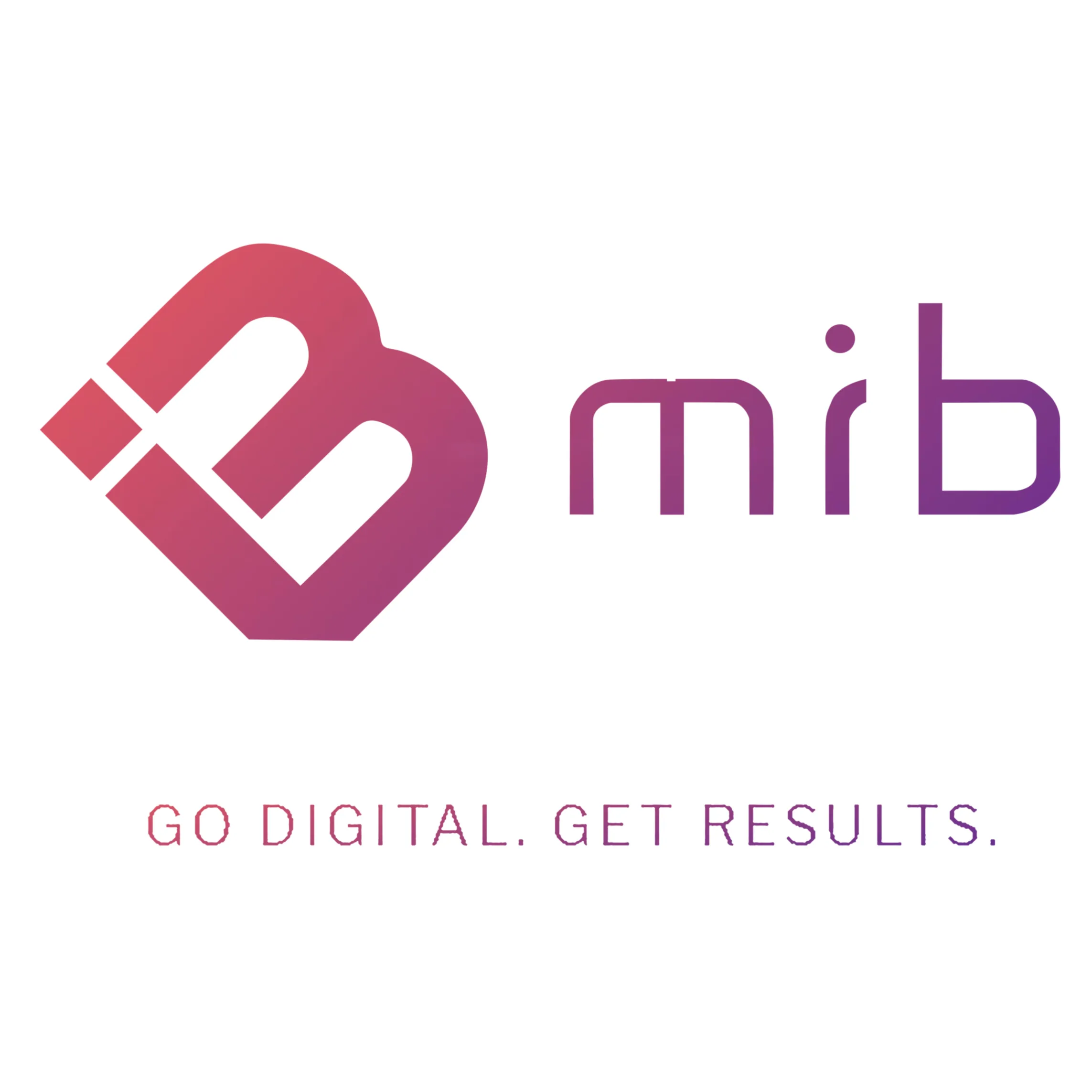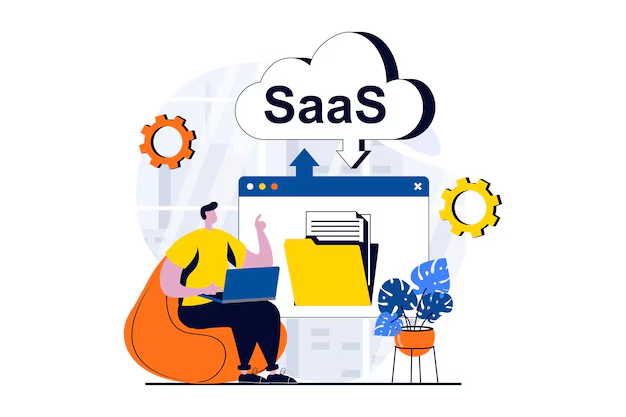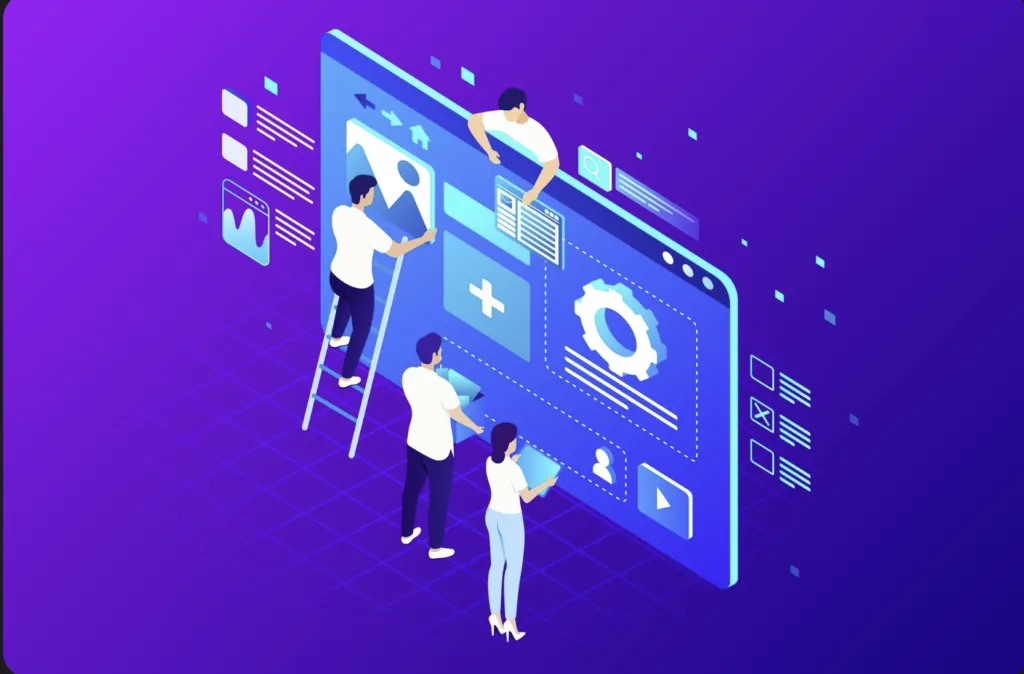
The Shift from Hype to Everyday Use
Artificial Intelligence is no longer just a buzzword; in 2025 it has become a practical tool that is reshaping the way businesses operate. For small and medium enterprises, the biggest challenge has always been competing with larger corporations that have the budget and manpower to adopt the latest technologies. Today, AI-powered SaaS is changing that dynamic. By embedding AI into everyday software, even the smallest business can access powerful insights, automation, and efficiency that were once limited to enterprises with large IT teams.
Why SaaS Gets Smarter with AI
SaaS has always been popular because it reduces the need for complex infrastructure and heavy upfront investment. Businesses simply subscribe and gain access to the tools they need. With the integration of AI, this model has evolved to deliver not only services but also intelligence. AI-driven SaaS platforms can analyze customer behavior, predict sales trends, personalize marketing, detect fraud, and even automate routine back-office tasks. For SMEs in markets like Southeast Asia, this means decisions are faster, operations are leaner, and customer experiences are more engaging without requiring a dedicated technical department.
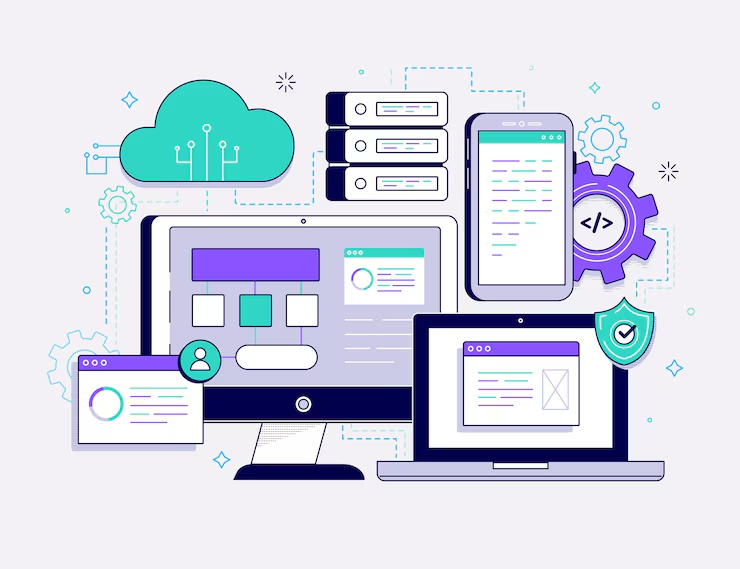
Adaptive Software That Learns with You
What makes AI-powered SaaS so impactful is its ability to learn and improve continuously. Traditional SaaS solutions were largely static—businesses used them in the way they were built. Now, with machine learning and generative AI embedded, the software adapts to each business. For example, a retail SaaS platform might automatically generate personalized promotions based on customer history, while an accounting SaaS tool could predict cash flow issues before they happen. This level of proactive intelligence empowers businesses to act strategically rather than reactively, giving them a competitive advantage in industries that move quickly.

Affordable Intelligence for SMEs
The affordability factor cannot be overlooked. Five years ago, integrating AI into a business required costly data scientists and complex infrastructure. In 2025, SaaS vendors offer AI features as part of their subscription packages, meaning SMEs pay a fraction of what enterprises once spent while gaining access to enterprise-grade intelligence. This democratization of AI ensures that innovation is not limited to tech giants but is available to startups and local businesses alike.
Challenges and Considerations
Of course, adopting AI-powered SaaS is not without its challenges. Data privacy, ethical use of AI, and the need for clean, structured data remain critical considerations. Businesses must ensure that they are compliant with regulations and transparent with customers about how their data is used. However, the benefits far outweigh the hurdles, and vendors are increasingly providing built-in safeguards and compliance features to reduce these risks.
The Road Ahead
The future of SaaS is intelligent, adaptive, and inclusive. For SMEs looking to thrive in an increasingly digital economy, AI-powered SaaS offers a way to compete with global players, operate more efficiently, and deliver customer experiences that build loyalty. In 2025 and beyond, the companies that embrace this technology will not just keep up with the market—they will set the pace.
